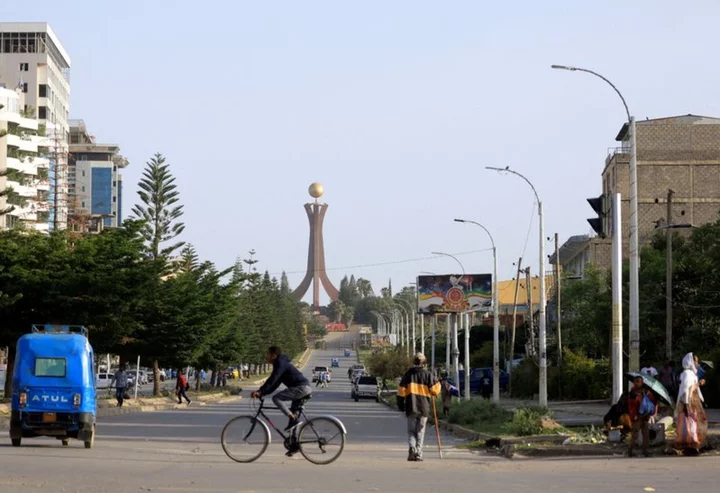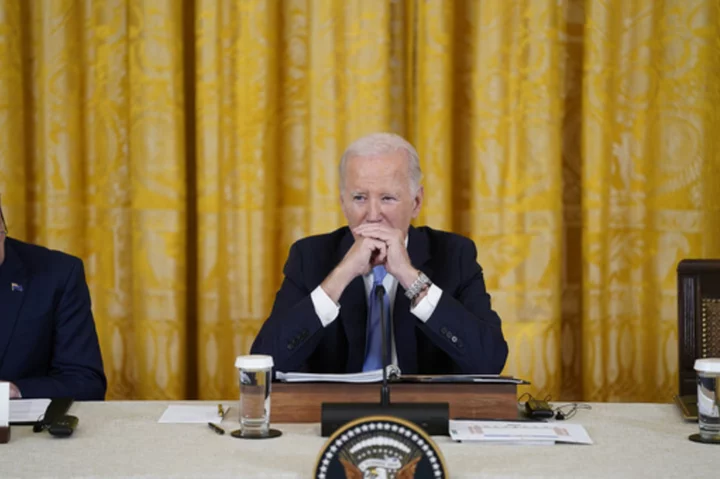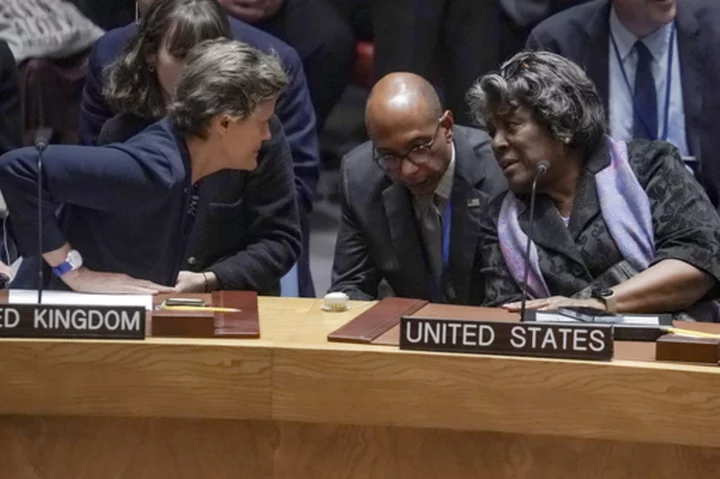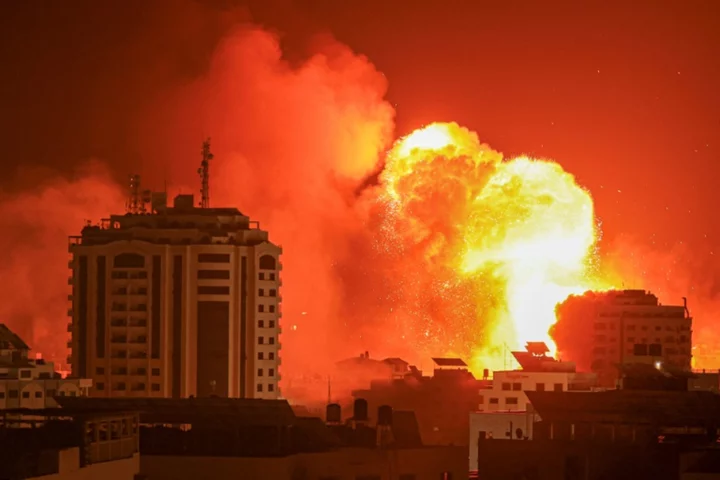GENEVA A U.N.-mandated investigation into continuing atrocities in Ethiopia faces closure after a U.N. website on Wednesday showed that no motion has been received to renew it.
Thousands died in a two-year conflict between the government and regional forces from Tigray, which formally came to an end in November last year. Both sides accused each other of atrocities, including massacres, rape and arbitrary detentions, but each denied responsibility for systemic abuses.
The International Commission of Human Rights Experts on Ethiopia, created by the U.N. Human Rights Council in 2021 after a motion submitted by the European Union, said last month that war crimes and crimes against humanity were still being committed in Ethiopia.
But strong African opposition appears to have deterred proponents from seeking another mandate, diplomats said. The mandate was renewed last year only by a small margin.
"Having no resolution is scandalous in the face of the report of the experts that was just published," said Lucy McKernan from Human Rights Watch, responsible for advocacy work at the Human Rights Council and other UN human rights mechanisms.
Ethiopia, which denies committing widespread abuses, has strongly opposed the probe and tried to cut its work short. It held an event on the sidelines of the Human Rights Council in September to instead promote its own national justice policies as the preferred avenue of investigation -- an approach the U.N. commission described as "deeply flawed".
In an analysis released on Tuesday, the commission concluded that there is a high risk that atrocities will continue, finding that all eight common risk factors laid out in a U.N. framework are present in Ethiopia.
It cited conflict in the Amhara region in recent months and the government's failure to hold people to account for crimes committed during the Tigray conflict as factors that could lead to future atrocities.
(Reporting by Emma Farge and Aaron Ross, Editing by William Maclean)









